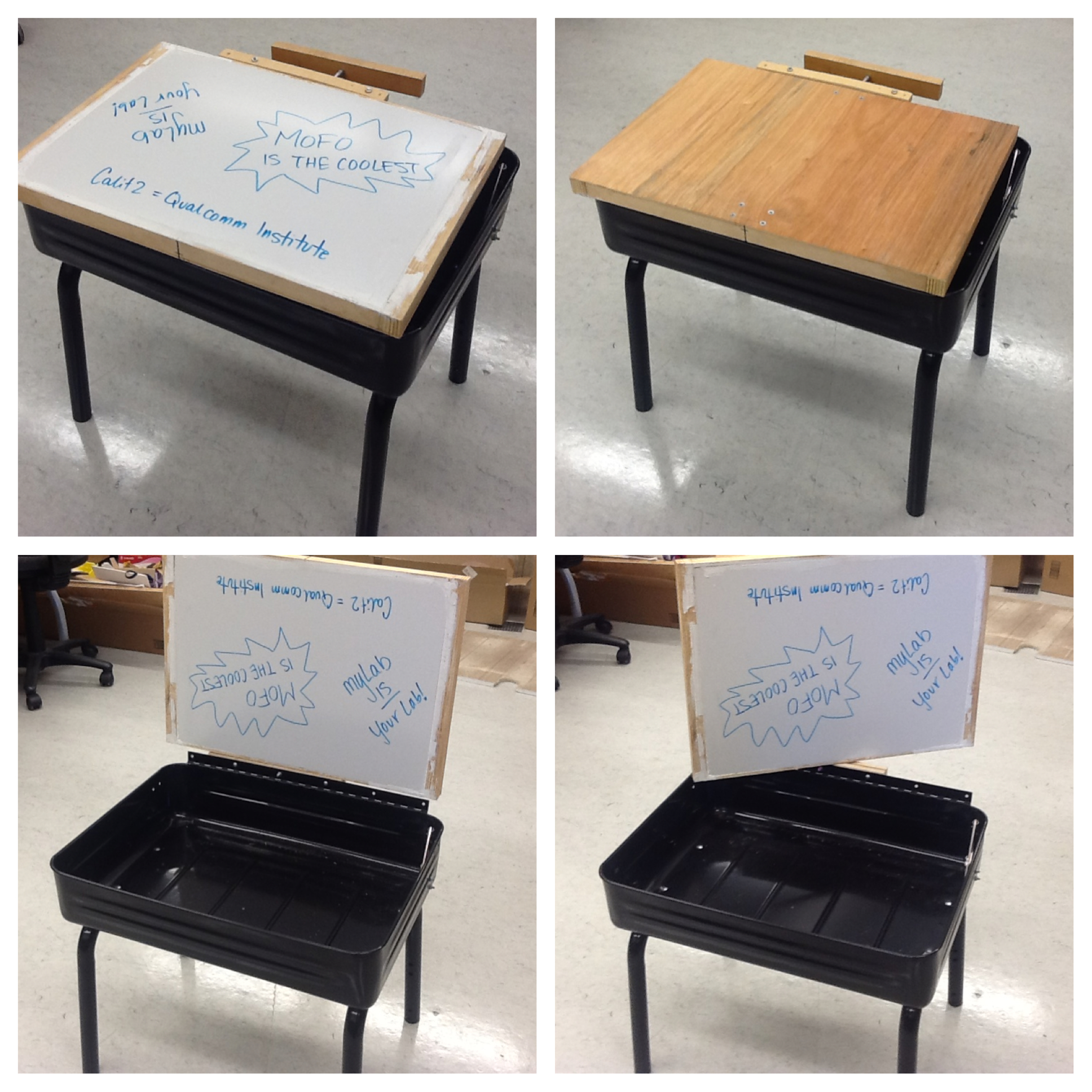Morrison & Foerster to Assist UC San Diego 'myLab' Students with Patent Applications
San Diego, Calif., April 17, 2013 — Morrison & Foerster — a global law firm that represents some of the largest technology companies and research institutes in the world — has agreed to provide in-kind patent prosecution services to students in the University of California, San Diego’s “myLab,” program which is based at the university’s Qualcomm Institute for Telecommunications and Information Technology.
|
The objective of myLab is to combine engineering, art and technology with hands-on experience. The agreement is designed to encourage students at the undergraduate level or younger to undergo the process of submitting an idea to be patented, says Morrison & Foerster patent associate Desmond O’Sullivan.
“Taking the students’ inventions through the patent process will enrich their understanding of the commercial engineering world and, hopefully, give the kids the proud distinction of a patent with their name on it,” he adds. “More importantly, the experience could spark a lasting interest in science and technology.”
Saura Naderi is the director of myLab and the community outreach coordinator for the Qualcomm Institute, formerly known as the UC San Diego division of the California Institute for Telecommunications and Information Technology (Calit2). She notes a stipulation in the agreement that any patents obtained with the assistance of Morrison & Foerster be transferred automatically to the public domain.
“We’re not trying to earn a profit from patent royalties, and we’re not interested in starting a company, which is why our patents will become a part of the public domain,” explains Naderi, who adds that the students will also abide by UC San Diego’s Technology Transfer policies. “Anyone who finds a patent we’ve filed can use it without any licensing fees, although the students’ names remain on the original patent.
“What we are interested in is ideas for patents that provide engineering solutions for problems typical of low-income and under-represented areas. Those are the ideas that will get my attention as lab director.”
A few of Naderi’s students got a sense of the long, involved patent process just last year when they collaborated with the South Metro Career Center in an underserved area of South San Diego. Their idea was a customized table that flips open to reveal a white-board easel designed to facilitate small, intimate learning scenarios. Morrison & Foerster agreed to look into obtaining a patent for the technology, but discovered that one of its own clients, the German airline Lufthansa, had already filed “prior art” for a similar patent designed to service airline passengers.
Says Naderi: “It’s actually pretty flattering that these kids had the same idea as a major corporation.”
She adds that her students learned from that experience that documentation of the creative process is crucial when it comes to filing for a patent, which can cost upwards of $20,000 in legal fees. (Naderi is now working with Morrison & Foerster to form a nonprofit organization to oversee the patent process.)
“They need to prove so many things,” she adds. “When was idea first conceived? Do you have documentation for that? What was the process and method? Do you have documentation for that? Is there correspondence that can prove the collaborative developmental process? Do you have a prototype? Can you describe it?”
“As undergrads at UCSD, we were — and still are — required to make bound notebooks of our engineering research, which have to be numbered, written in pen and with the mistakes crossed out,” says Naderi, who graduated from UC San Diego with a B.S. in electrical engineering in 2007. “It was frustrating to have to document the entire process — it’s probably the most notorious thing we’re terrible at as engineers — but when we filed our first patent it all became clear: If you don’t have a notebook, you’re scrambling through emails trying to prove that you really own this idea.”
Morrison & Foerster, for its part, has one of the most experienced and highly regarded patent practices in the field. Its attorneys have helped file patents for major players in the areas of biotechnology, electronics, software and telecommunications, including La Jolla Corp., Targeted Genetics and Stanford University.
The myLab program receives support from the UC San Diego/University of Arizona Center for Integrated Access Networks and the Variability Expedition, which are both funded by the National Science Foundation.
Related Links
Media Contacts
Tiffany Fox, (858) 246-0353, tfox@ucsd.edu

